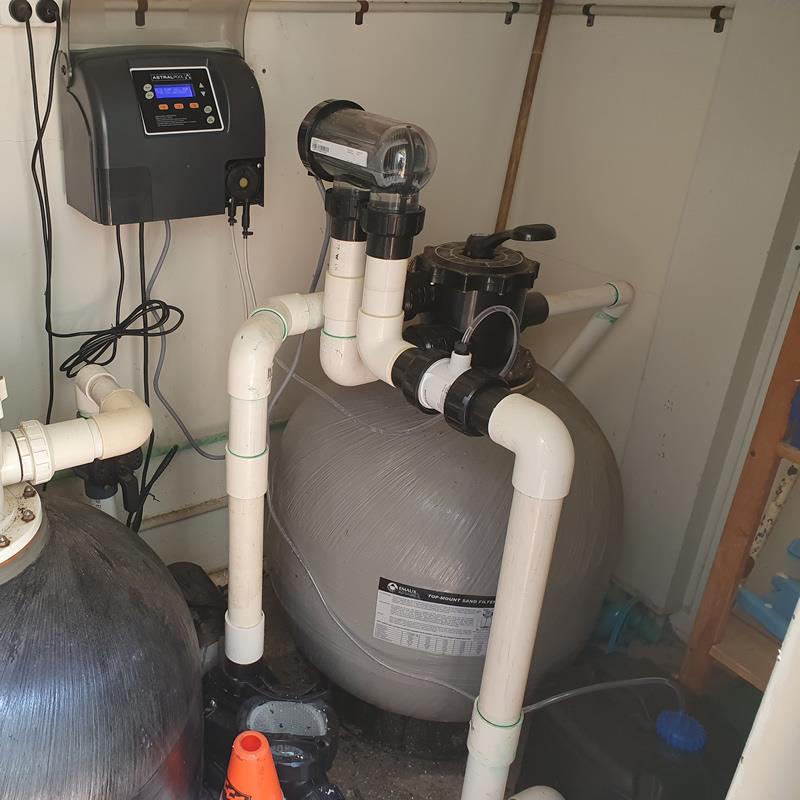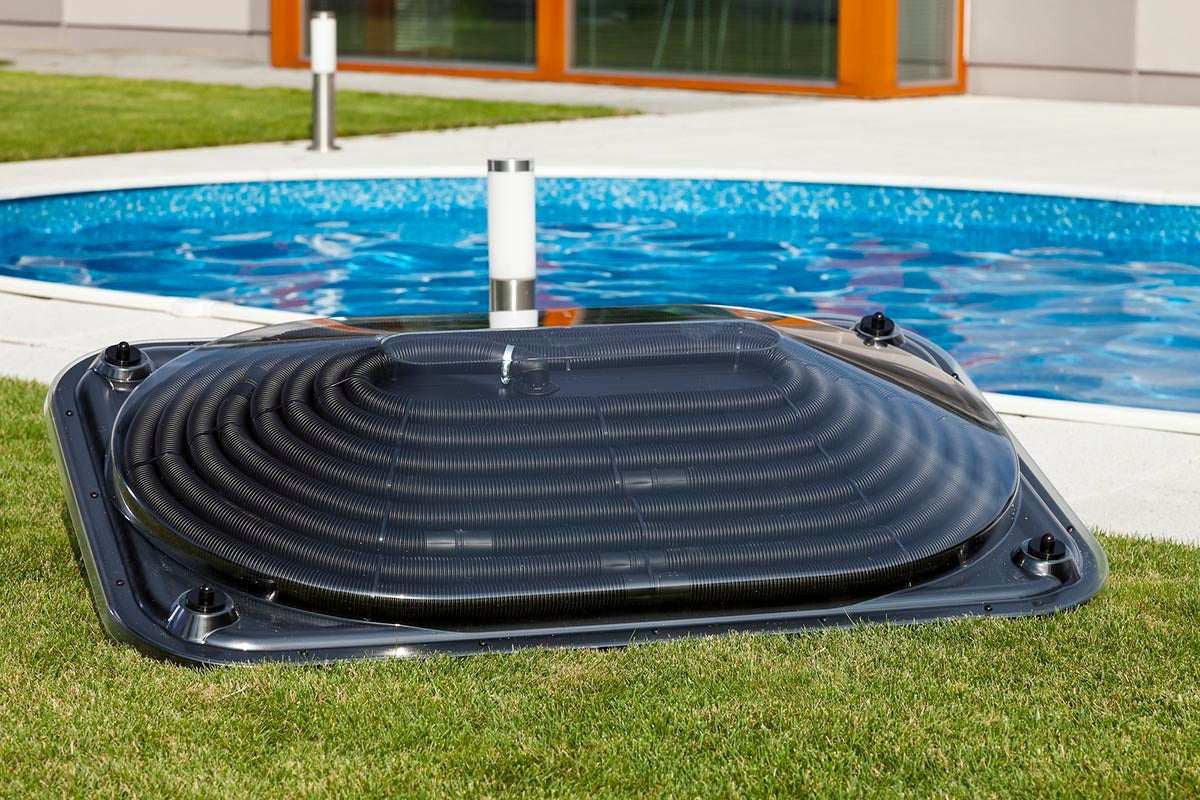How to Upgrade Your Swimming Pool Boiler and Improve Its Efficiency
Keeping your swimming pool boiler running efficiently can help you save money on energy costs, reduce maintenance, and extend its life. With the right strategies and service procedures, you can improve the efficiency of your swimming pool boiler and enjoy a longer-lasting, better-performing appliance. This article’ll provide an overview of upgrading your swimming pool boiler and maximizing its efficiency.

Swimming pool boiler service is essential for ensuring efficient operation. Regular maintenance helps ensure your system runs at peak performance levels while avoiding potential problems like corrosion or reduced heat output. To keep your swimming pool boiler in tip-top condition, be sure to have it serviced annually by a professional technician who can check all components including the burners, seals, flues, pumps, valves, safety shutoffs and electrical connections.
Conducting an Energy Audit
The most effective way to determine how much energy your swimming pool boiler is consuming is by performing an energy audit. An audit will tell you where there are inefficiencies within the system so that you can take steps to address them accordingly. During an audit, a qualified HVAC technician should examine all system components including the thermostat settings and insulation levels as well as any leaks or air drafts in the area around the unit. The technician should also check for combustion gases that may be leaking from any cracks in the boiler and look for signs of corrosion or other damage that could affect its performance.
Applying Insulation
Adding insulation around piping systems connected to your swimming pool boiler can reduce heat loss significantly while improving efficiency levels overall. Insulating pipes with fiberglass wraps or foam tubes helps retain heat within those pipes so less energy is required to maintain temperatures inside them over time. It’s important to note that not all types of insulation are suitable for use on hot water systems – make sure you select ones rated for high-temperature applications such as those explicitly intended for boilers or steam systems before installation begins.
Upgrading Burner Components
Replacing older burner components with newer models can improve efficiency significantly by reducing overall fuel consumption during operation. A new burner should be installed correctly according to manufacturer instructions since improper installation could cause safety concerns down the line if left unchecked; many burners come pre-adjusted from the factory but additional tuning may still be needed depending on local fuel availability or other conditions at your location after the installation has been completed successfully before use begins again later on..
Adjusting Thermostat Settings
Wherever possible, try to adjust thermostat settings downwards – even small changes can, if done correctly, lead to significant reductions in fuel consumption over time, without risking safety issues due to inadequate heating capacity during cold weather periods later in the year (if applicable). In addition, ensure that each zone has its own independent control so that they don’t compete with each other in trying to reach optimum desired temperature set points – this will also ensure that occupants remain comfortable throughout the house, regardless of what is happening elsewhere in the house itself at the same time, without affecting others too adversely, either directly or indirectly!
Inspect fuel lines & electrical connections
It’s also important to inspect both fuel lines & electrical connections regularly, checking their condition, replacing worn parts as necessary to prevent possible breakdowns occurring during operation rather than unfortunately afterwards (especially relevant for gas fired units which require proper venting in order to function safely, reliably and effectively to manufacturer’s specifications!) If oil-based fuels are used, ensure that the tank containing them is kept full to avoid potential problems developing prematurely, such as shortages due to unexpected changes in demand, suddenly, unexpectedly, at inconvenient times, without warning, forewarning, etc!
Install automatic controls
Finally, installing automatic controls enable easier maintenance, more consistent performance throughout the year likewise allowing users to adjust/modify operating parameters remotely via internet connection, smartphone, tablet device etc… This eliminates manual intervention altogether, saving both time, effort and money across the board in the long run! Moreover, automatic controls are ideal for locations prone to extreme climate shifts, as they are able to adapt quickly to changing environmental conditions automatically, user input or need to do anything special manually assist along the way hypothetically speaking course!

Conclusion
By following the tips outlined above, upgrading existing pool boilers is easily achievable, maximising efficiency levels, providing cost savings, benefits, bonuses, longevity, lifespan, hours of use, total lifespan, owned, operated, used! As always, however, always consult licensed, experienced technicians, carry out actual services, make required replacements, ensure everything is installed, working, desired results achieved, expectations met, fully complete!
